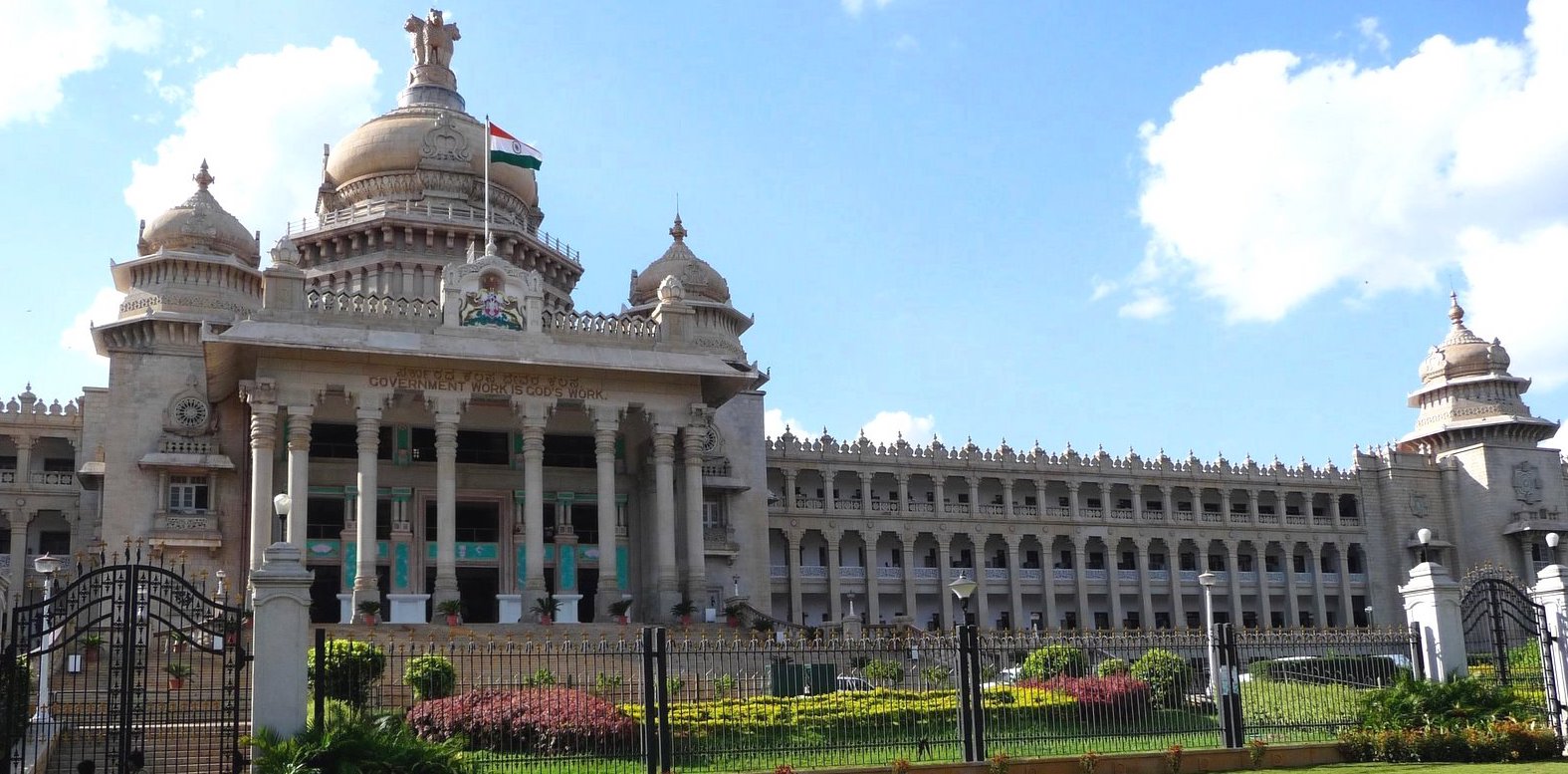5 Bangalore - India

Quantum Theory has passed all experimental tests, with impressive accuracy. It applies to light and matter from the smallest scales so far explored, up to the mesoscopic scale. It is also a necessary ingredient for understanding the evolution of the universe. It has given rise to an impressive number of new technologies. Yet it suffers from internal problems of consistency. On top of this, its unification with general relativity is still problematic, and no fully satisfactory quantum theory of gravity yet exists.
This program will explore the current state of the art and future perspectives in the foundations of quantum theory, also in connection with its unification with general relativity. It consists of a two-week school, followed by a discussion meeting. The topics to be covered in the school include:
School 1st Week - Theory: The measurement problem and its proposed solutions, Role of gravity in wave function collapse, Weak measurements, Quantum Measure and the Born rule, Trace Dynamics and Non-Markovian Dynamics.
School 2nd Week - Experiment: Matter wave interferometry, optomechanics experiments, entanglement experiments, tests of decoherence and experimental tests of the quantum measure.
A Discussion Meeting will be held during the 3rd week. During this meeting, the following questions will be addressed: What is the state of the art in experiments testing quantum theory with light, and with matter? What are the conceptual implications of gravity applied to quantum systems? What are the limitations imposed by, or new possibilities allowed by entanglement in relativistic quantum systems? How can we arrive at a coherent description of the early universe? Do we need a deeper level theory, which goes beyond quantum theory?
A. Bassi, S. Bose, S. Ghosh, T. Singh, U. Sinha and H. Ulbricht